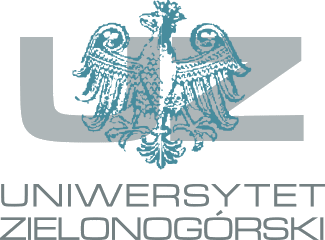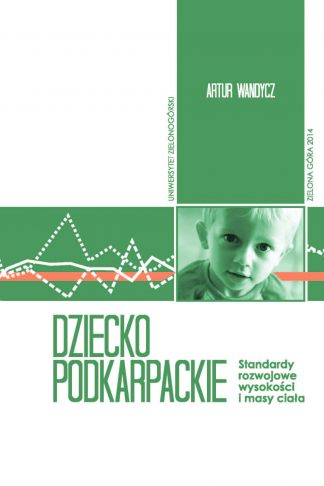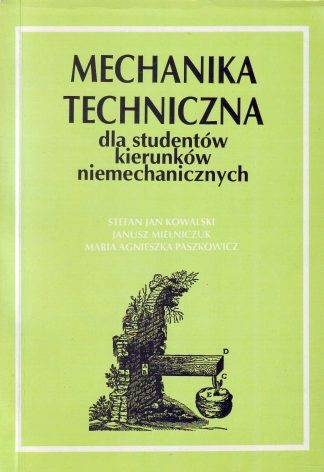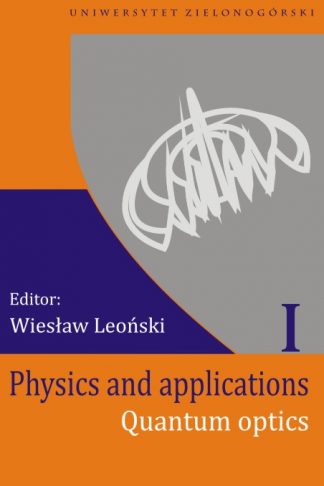Opis
Life-histories and auto/biographies can act as an occasion for innovation, for transformative
learning, for community and political action in diverse settings (Formenti & West 2018). Telling stories from different perspectives, as Laura Formenti and Linden West (2018) suggest, might also be deeply agentic and political in nature. In this regard stories may go far beyond ‘pure research’ – or a detached view of academic study in the ivory tower (Denzin & Giardina 2014) – towards creating a new quality of space for social and collective action and change, as well as work at an individual level (Formenti & West 2016a). Thus, narratives in adult education research are concerned with creating the circumstances to produce knowledge through inquiry-laden processes. This article explores, out of my experience as a woman and a researcher, the conditions in which conviviality can initiate conversation and tell stories with migrants and host communities.
My research interest in conviviality began in 2019 during an annual conference of the ESREA Life History and Biography Network (LHBN) in Bergen, Norway1. For over two decades, the LHBN has been an inclusive forum of researchers, including doctoral students, who draw on different epistemological, methodological and disciplinary traditions.
One of the presuppositions of the network is about the relationality of learning:
[frg. tekstu]







